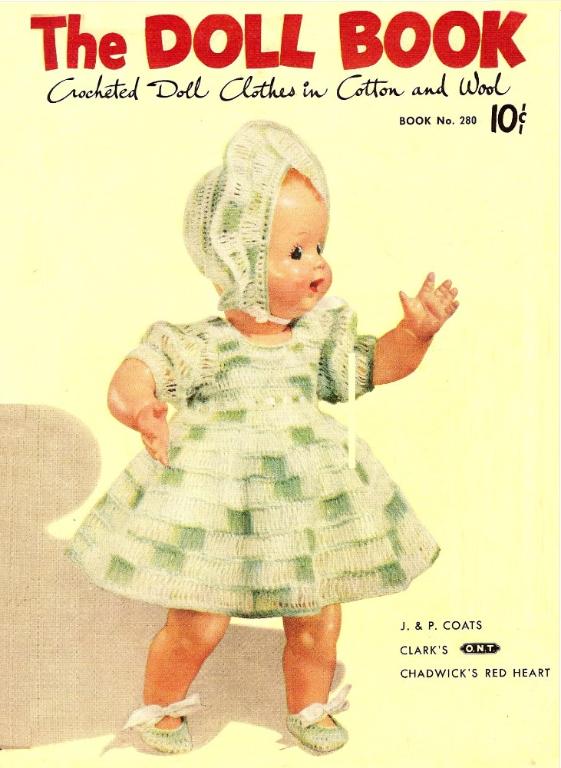
Major story by Jon Hamilton on yesterday’s NPR “Morning Edition”: “A new federal ban on chemical compounds used in rubber duckies and other toys isn’t necessary, say the government scientists who studied the problem.” “Now they tell us,” writes Carter Wood. More from Jonathan Adler @ Volokh and commenters.
Although most coverage of the CPSIA debacle (this site’s included) has focused on the lead rules, the phthalates ban (phthalates are an ingredient often used to make plastic soft and bendable) is also extraordinarily burdensome, for a number of reasons: 1) as readers may recall, a successful lawsuit by the Natural Resources Defense Council and others forced the last-minute retroactive banning of already-existing playthings and child care items, costing business billions in inventory and other losses; 2) vast numbers of vintage dolls, board games and other existing playthings are noncompliant, which means they cannot legally be resold even at garage sales, let alone thrift or consignment shops, and are marked for landfills instead; 3) obligatory lab testing to prove the non-presence of phthalates in newly made items is even more expensive than testing to prove the non-presence of lead. The phthalate ban is also an important contributor to the burden of the law on the apparel industry (the ingredient has often been used in screen printing on t-shirts and similar items) and books (“book-plus” items with play value often have plastic components). AmendTheCPSIA.com has reprinted a letter from Robert Dawson of Good Times Inc., an amusement maker.
Earlier coverage: Feb. 6 (NRDC and allies win court case on retroactivity); Feb. 7 (various points, including Connecticut Attorney General Richard Blumenthal’s vow that his office will “take whatever steps are necessary [emphasis added] to ensure this phthalate ban is enforced”); Feb. 12 (what ingredients in playthings are going to replace phthalates, and are those ingredients going to be more safe or less?); Mar. 4 (vintage dolls); Mar. 11 (California Senators Barbara Boxer and Dianne Feinstein were particularly identified with pushing the phthalates ban to enactment).
P.S. Environmentalists disputing the NPR coverage: Jennifer & Jeremiah @ ZRecommends, Jennifer Taggart (The Smart Mama) in NPR comments. And Sacramento attorney Anthony Caso has a backgrounder for the Washington Legal Foundation (PDF) with more about the CPSC, the NRDC, and maneuvering on phthalates.
Filed under: CPSIA, CPSIA and apparel/needle trades, CPSIA and books, CPSIA and phthalates, CPSIA and resale, CPSIA and toys, environment, Richard Blumenthal

